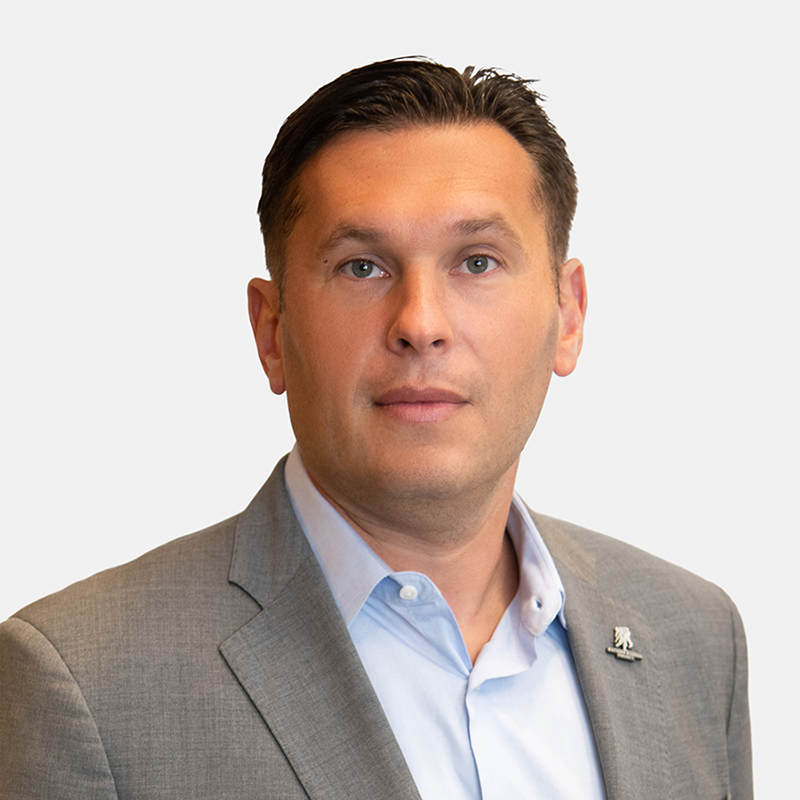John, an Air force veteran, who sustained a TBI has benefitted greatly from almost all of the programs offered through Wounded Warrior Project. With help from community support specialists, life skills coaches, and other alternative treatments, John—and his wife—have turned some of their challenges into advantages and are now giving back to their community.
Dr. Alexander Balbir is the Director of Independent Services at Wounded Warrior Project.
For information about treatments for brain injury please visit The Treatment Hub.
One example of a veteran’s story is John. John is an Air Force veteran who suffered a traumatic brain injury. John has benefited from almost all of our programs here at Wounded Warrior Project - our Soldier Ride program, our Independence program. I’ve been able to witness John’s recovery over the last seven years. John originally had some significant issues with his mobility, his cognitive impairment as well. What we did with John was we were able to provide him with a community support specialist, a life skills coach, being able to provide other alternative treatment modalities for John and his spouse as well, to help support her. I’ve witnessed John, who barely could walk, now is walking, with the support of just a very simple cane. He’s also spoken to me about his not having to rely on his medications as much anymore, as his medication regimen has dwindled extensively. He’s lost a significant amount of weight over the last few years and he’s also now starting to give back to the community with a variety of projects. One particular project, he made masks. He made coronavirus masks for people and he distributed them out to individuals. I’ve seen him also work with baseball gloves, being able to break in baseball gloves as part of his routine, something that may help him a little bit with his anxiety, being able to break in a glove, and then he gives away that glove to another individual. So, I’ve seen people grow, as a result of this program. And these are simple services. John wasn’t necessarily asking for a neurology consult or a psychiatry consult. John needed some services in the home and community to help better himself, to help lose weight, to help get him more mobile and more active. To really grow and become part of his community, not letting his brain injury lead to isolation or depression. And it’s really been a remarkable journey for him and his wife and it’s been a privilege to work with him and his wife as well and watch them grow and really benefit from all the programs that we have here at Wounded Warrior Project. BrainLine is powered in part by Wounded Warrior Project to honor and empower post-9/11 injured service members, veterans, and their families.
About the author: Alexander Balbir, PhD, MBA
Dr. Alexander Balbir served as the Director for Independence Services at Wounded Warrior Project (WWP). He currently serves in the United States Navy Reserve as a Medical Service Corps Officer hospital/healthcare administrator.

